
Electric Scooter Battery Guide for Every Rider
The battery is the heart of your electric scooter. It powers every journey, determines how far you can go, and influences your scooter’s overall performance. Whether you commute daily, ride for leisure, or upgrade your current setup, choosing the right battery can make all the difference. In this guide, we will break down everything you need to know, from battery types and capacity to lifespan, charging times, and compatibility, so you can ride further, faster, and with total confidence.
What is an Electric Scooter Battery?
An electric scooter battery is a portable energy storage device, most commonly composed of lithium-ion cells, designed to supply electrical power to the scooter’s motor, lighting system, digital display, and other electronic components. These batteries are prized for their high energy density, which allows them to store substantial amounts of energy while remaining lightweight and compact, which are key factors for maintaining scooter portability and ease of handling. The battery’s capacity, usually measured in ampere-hours (Ah), directly affects the total travel range of the scooter, while its voltage (V) influences the motor’s power output and acceleration capabilities. Additionally, the battery’s chemistry and build quality determine its overall lifespan, charging time, and safety characteristics. In essence, the battery serves as the critical power source that transforms stored electrical energy into motion, defining the scooter’s speed, distance capability, and operational efficiency.
Different Types of Electric Scooter Batteries
![]()
When choosing an electric scooter battery, it helps to understand the most common types available on the market. Each type of electric scooter battery offers different benefits and drawbacks depending on your riding needs and budget:
1. Lithium-Ion (Li-ion) Electric Scooter Battery
This is the most widely used electric scooter battery today. Lithium-ion batteries provide a lightweight design with high energy density, meaning longer ride times and better overall performance. They also charge faster and last longer than other battery types, making them the top choice for most riders.
2. Lithium-Polymer (LiPo) Electric Scooter Battery
A variant of lithium-ion technology, lithium-polymer electric scooter batteries are even lighter and can be shaped more flexibly. They offer excellent energy capacity but require careful charging and handling to ensure safety and extend battery life.
3. Lead-Acid Electric Scooter Battery
An older type of electric scooter battery, lead-acid packs are heavier and bulkier with lower energy storage. While they are more affordable upfront, their shorter lifespan and maintenance needs make them less popular in modern scooters.
4. Nickel-Metal Hydride (NiMH) Electric Scooter Battery
These batteries are lighter than lead-acid and provide moderate energy density. However, NiMH electric scooter batteries are generally less efficient and have been largely replaced by lithium-based batteries in most new models.
Essential Criteria for Choosing E-Scooter Batteries
Choosing the right electric scooter battery is essential for maximizing your scooter’s performance and reliability. Here are the main factors to keep in mind when selecting an electric scooter battery:
-
Battery Capacity: Determines your scooter’s range—the higher the ampere-hours, the farther you can ride without recharging. However, larger capacity batteries are heavier and more expensive, so balance range with weight.
-
Battery Voltage: Influences the scooter’s power and speed. Commonly 36V for standard scooters, while 48V or higher suits models requiring better acceleration and higher top speeds.
-
Battery Longevity: Measured in charge cycles (one full discharge and recharge). Typical lithium-ion batteries last 300 to 500 cycles, with high-quality models lasting even longer. Manufacturer cycle guarantees help assess longevity.
-
Charging Time: Important for frequent riders. Lithium-ion batteries usually charge within 3 to 5 hours. Fast-charging batteries are ideal if you need a quick turnaround between rides.
-
Battery Weight: Affects scooter portability and handling. Lighter batteries improve maneuverability but often come with lower capacity, so find a good balance for your usage.
-
Scooter Compatibility: Ensure the battery matches your scooter’s specs—voltage, capacity, size, and battery type—to guarantee proper fit and performance.
How Long Will My E-Scooter Battery Last?
How long your electric scooter battery lasts depends on a few key factors. The distance you can travel on a single charge varies based on the model you choose, as higher-end scooters like the iSinwheel electric scooters usually come with batteries that have greater capacity and therefore offer longer ranges. Other factors that affect battery life include the rider’s weight, tyre pressure, the number of hills on your route, and the surrounding temperature, all of which can reduce the overall range you achieve.
When it comes to the overall lifespan of the battery before it needs replacement, most electric scooters use lithium-ion batteries similar to those found in mobile phones and laptops. These batteries generally last around one thousand full charge cycles before their performance noticeably declines. With proper care and good charging habits, you can help extend the battery’s health and get the most out of your scooter.
Related: How Long Does an Electric Bike Battery Last? Guide to Battery Lifespan
How To Maintain Battery and Charger Health?

Battery health refers to the battery’s overall ability to store and deliver power efficiently. Over time, batteries naturally degrade due to charge cycles, temperature extremes, and usage habits. To maintain battery health, avoid exposing your scooter’s battery to very high or low temperatures, as heat can cause permanent damage and cold can reduce efficiency. Practice good charging habits by avoiding overcharging, using original chargers, and keeping battery levels between 20% and 80% whenever possible. Turning off unnecessary features and reducing screen brightness can also help conserve power and reduce strain. Regularly updating your scooter’s software and using battery monitoring tools can optimise performance. Lastly, calibrate your battery occasionally by fully discharging and recharging it to keep percentage readings accurate, but avoid frequent deep discharges to prolong battery lifespan.
Battery Safety for E-Scooter Users
Battery safety is crucial when using e-scooters because lithium-ion batteries can pose fire and safety risks if mishandled, charged improperly, or modified. Following proper battery safety guidelines helps protect users, property, and ensures legal use.
-
Buy e-scooters from reputable retailers and register products with manufacturers for safety alerts.
-
Avoid second-hand, refurbished, or modified e-scooters due to fire and safety risks.
-
Use only genuine manufacturer-approved batteries and chargers to reduce fire hazards.
-
Charge e-scooters in safe, ventilated areas away from escape routes and flammable materials.
-
Do not charge overnight or while asleep; unplug the charger once fully charged.
-
Allow batteries to cool before charging if they are hot after use.
-
Watch for warning signs: excessive heat, bulging, leaking, strange noises or smells, slow charging, or smoke.
-
Immediately stop using and unplug batteries showing warning signs; move outside if safe.
-
In case of fire, evacuate immediately and call emergency services (999).
-
Regularly check batteries for damage; do not use or charge damaged batteries.
-
Dispose of lithium batteries safely through manufacturers, retailers, or local recycling points—never in household waste.
How to Pick the Correct Connector for Your E-Scooter Battery
Choosing the correct connector for your electric scooter battery is essential for ensuring proper energy transfer and maintaining battery safety. The connector is the crucial link between the battery and the scooter, and using an incompatible type can prevent the scooter from working or even cause damage. Common connector types include XT connectors, which are robust and support high currents, often found in high-end lithium-ion battery scooters; T-Plug (or Deans) connectors, which are compact and offer good conductivity and are widely used in scooters and drones; DC (coaxial) connectors, which are cylindrical and common in entry-level or mid-range models but are less durable than XT or T-Plug types; and proprietary connectors designed specifically by brands like Xiaomi to fit their scooters perfectly. Selecting the right connector compatible with your scooter model is important not only for performance but also to ensure safe and reliable operation.
Where to Buy a Reliable Electric Scooter Battery
If you’re looking for a reliable and high-quality electric scooter battery, iSinwheel is an excellent choice. Their batteries are designed to provide long-lasting power and consistent performance, helping you get the most out of your ride.
iSinwheel Electric Scooter Batteries:
|
Images |
||||
|
Batteries |
||||
|
Capacity |
7.5Ah |
5.0Ah |
15Ah |
5Ah |
|
Charging Voltage |
42V DC |
4.6V |
54.6V DC |
21.6 V |
|
Compatible Models |
S8, S9, S9Pro, S9Max, I8 |
M3 Kids (old & new) |
GT2 |
S6 |
|
Price (£) |
150.00 (was 200.00) |
35.99 (was 55.99) |
200.00 |
39.99 |
|
Warranty |
1 Year |
1 Year |
1 Year |
1 Year |
|
Key Features |
Extended range, efficient charging |
Kids' playtime, rapid charge |
Long rides, UK terrain optimized |
Compatible replacement |
|
Delivery |
Free DHL/DPD |
Free DHL/DPD |
Free DHL/DPD |
Free DHL/DPD |
Conclusion
Your electric scooter battery is not just another component. It is the key to performance, reliability, and enjoyment on every ride. By understanding the different battery options, knowing what specifications matter most, and investing in quality, you can ensure smoother rides, longer ranges, and fewer charging stops. Treat your battery well and it will reward you with years of dependable power, keeping you moving wherever the road or cycle path takes you.
FAQs
Which type of battery is best for an electric scooter?
iSinwheel batteries, built with advanced lithium-ion technology, are among the best choices for electric scooters. They are lightweight, long-lasting, and deliver consistent performance for both short commutes and long-distance rides. Designed for durability and safety, iSinwheel batteries charge efficiently, provide strong power output, and remain reliable across various riding conditions. With a 1-year warranty and free delivery, they offer a dependable upgrade to keep your scooter performing at its best.
How long does an e-scooter battery last?
An e-scooter battery typically lasts 300 to 500 full charge cycles, or about two to three years of use. However, the lifespan can range from one to five years depending on battery quality, frequency of use and charging, maintenance practices, and environmental factors such as exposure to extreme temperatures.
Why does my electric scooter run out of battery fast?
An electric scooter may lose battery quickly due to several factors. Common reasons include riding at high speeds or on steep hills, which require more power; carrying heavy loads; frequent stop-and-go riding; or riding in cold temperatures that reduce battery efficiency. A worn-out or poorly maintained battery, overcharging, or using the scooter beyond its recommended weight limit can also shorten battery life. Regular maintenance, proper charging habits, and avoiding extreme conditions can help extend battery performance.
How to check scooter battery health?
To check your scooter’s battery health, start with a visual inspection for any signs of swelling, leakage, or damage. Use a multimeter to measure the voltage and ensure it matches the battery’s rated level. If your scooter has a companion mobile app, check the battery health and cycle count there. Pay attention to performance indicators such as reduced range, dimming lights, slow acceleration, or unusually fast discharge — these are common signs of a weakening battery.
The Latest Posts
Explore isinwheel products
City E Scooter | Off-Road Scooter
Fastest Scooter | Kids Scooters


















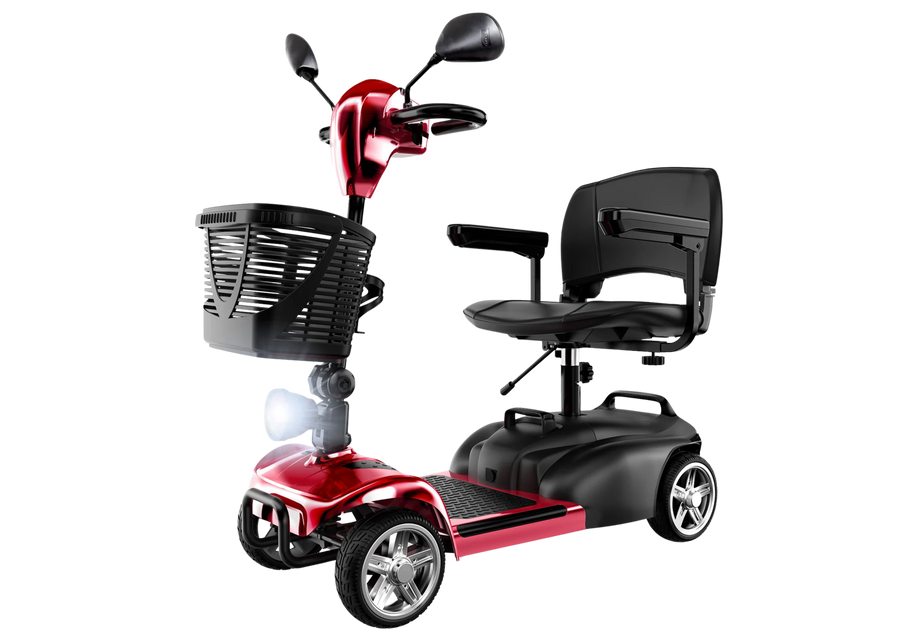






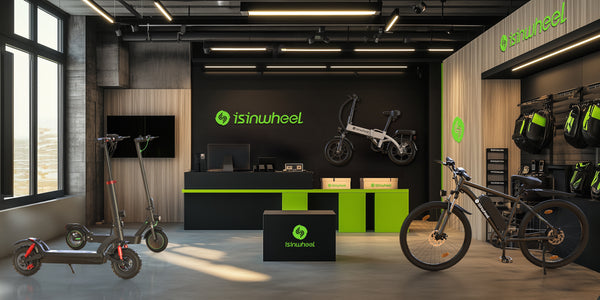
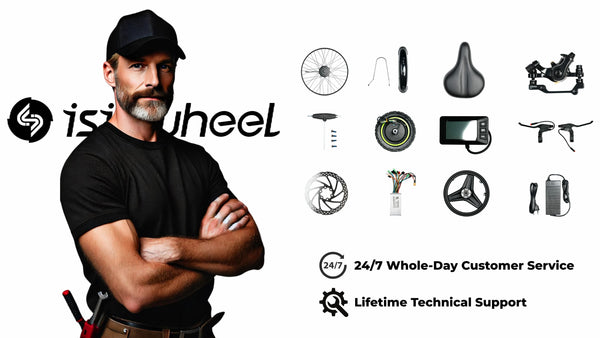














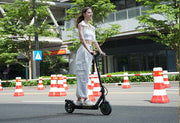

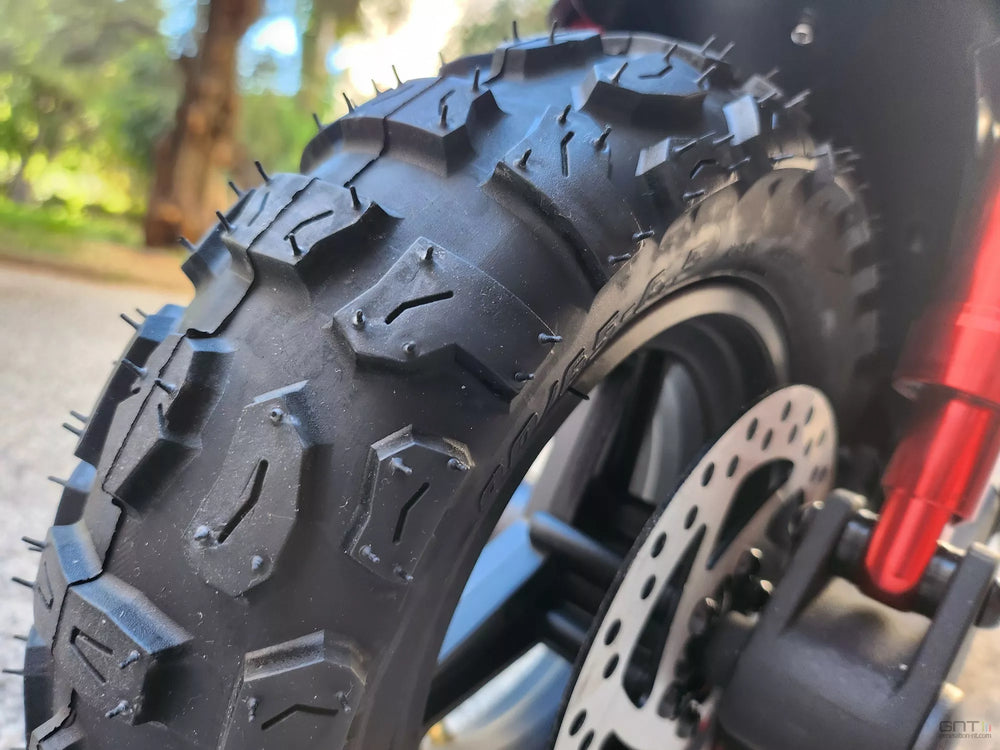
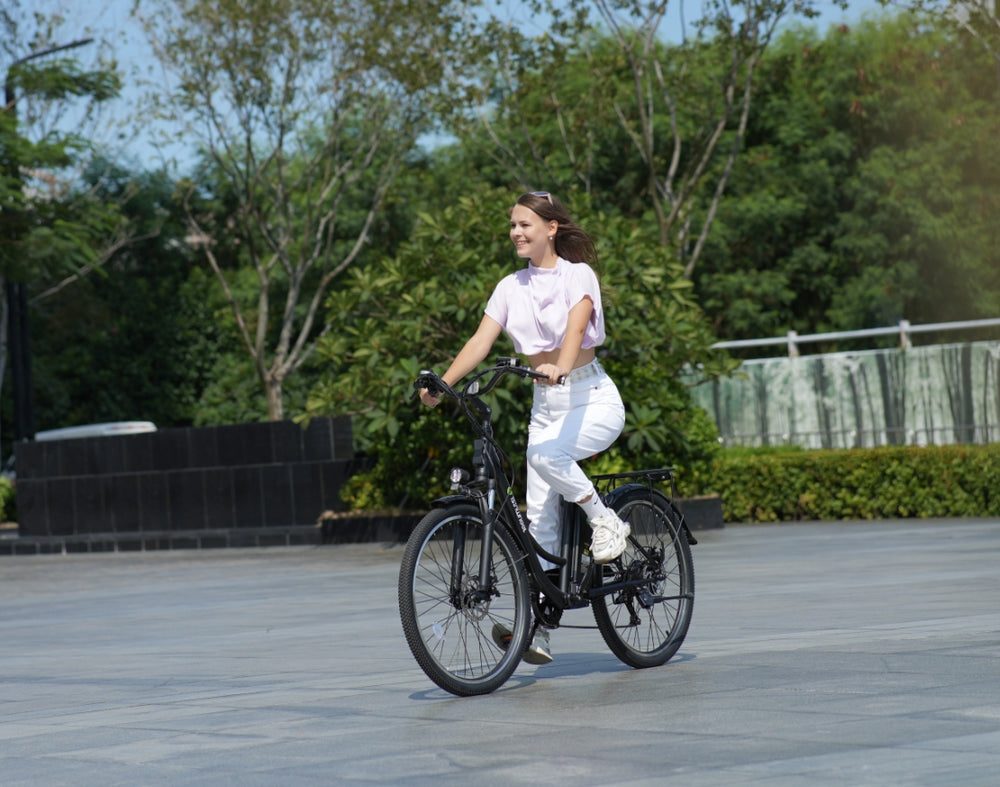
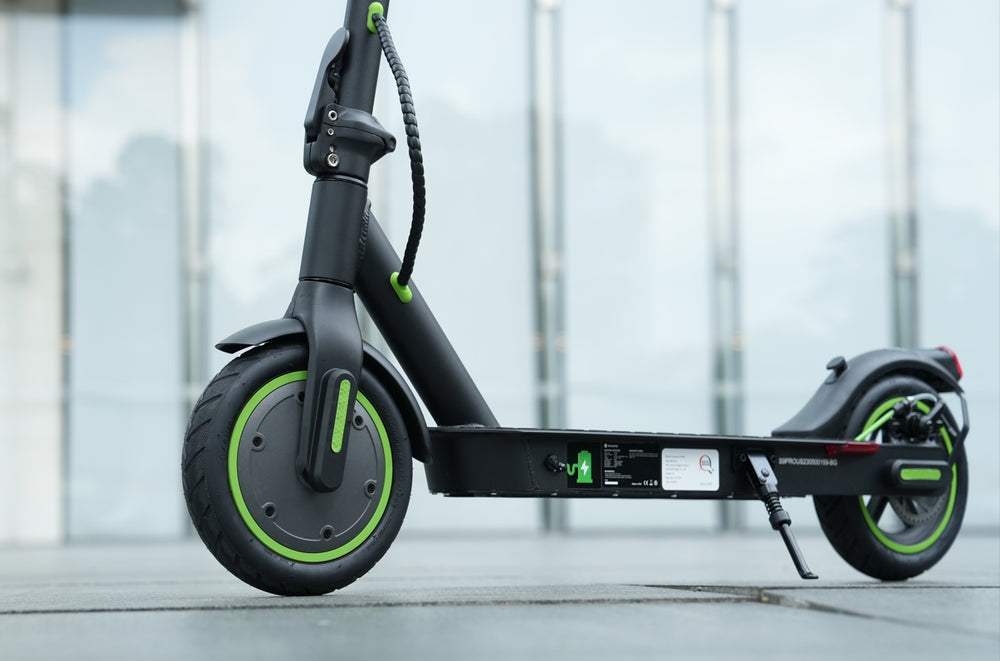
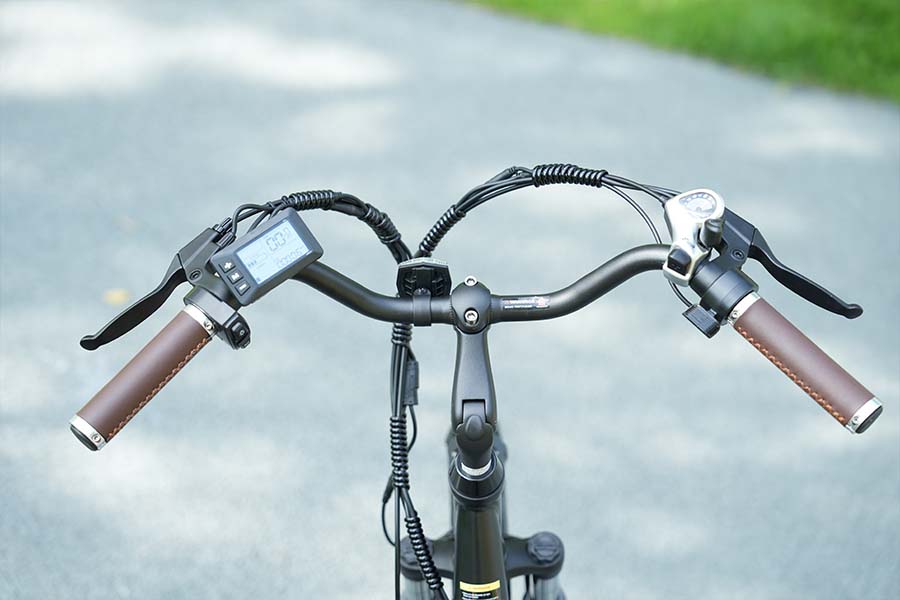
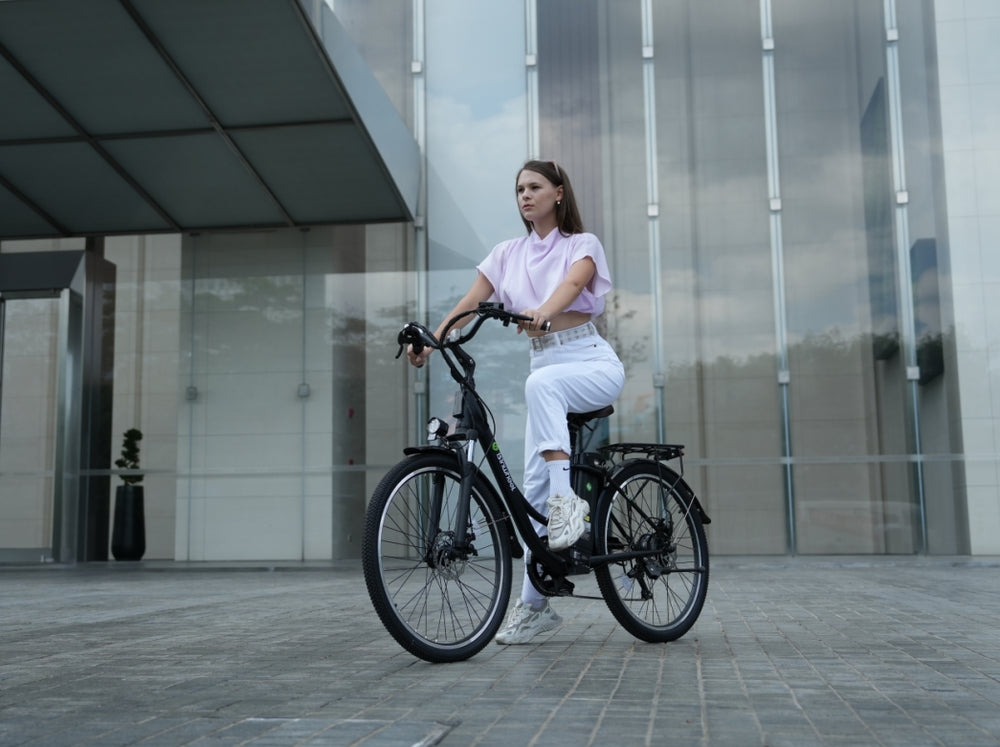
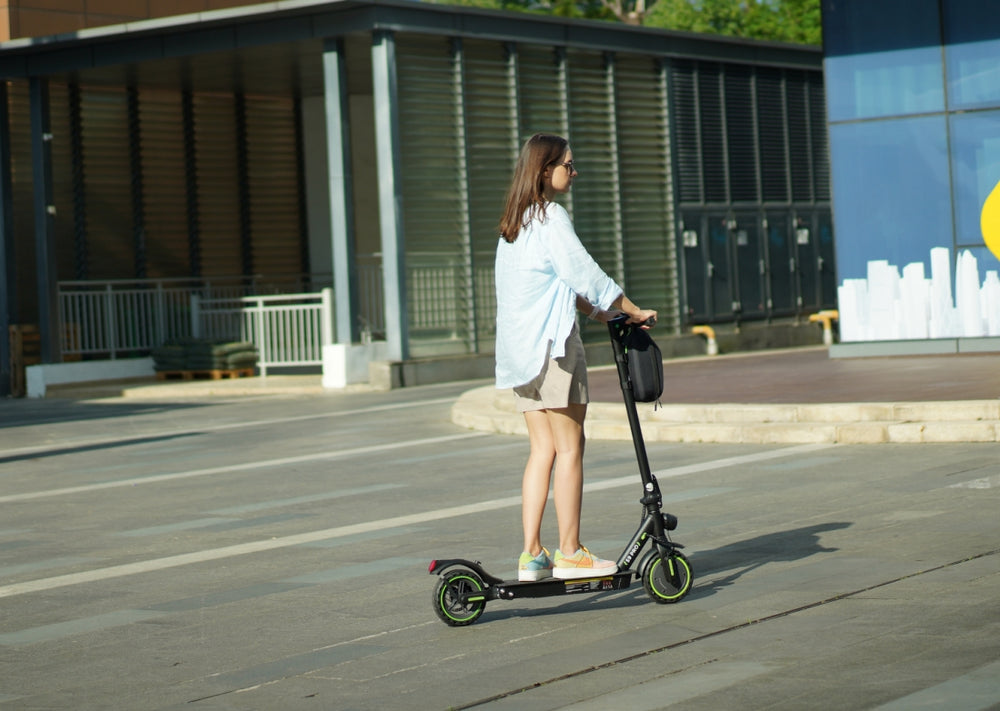
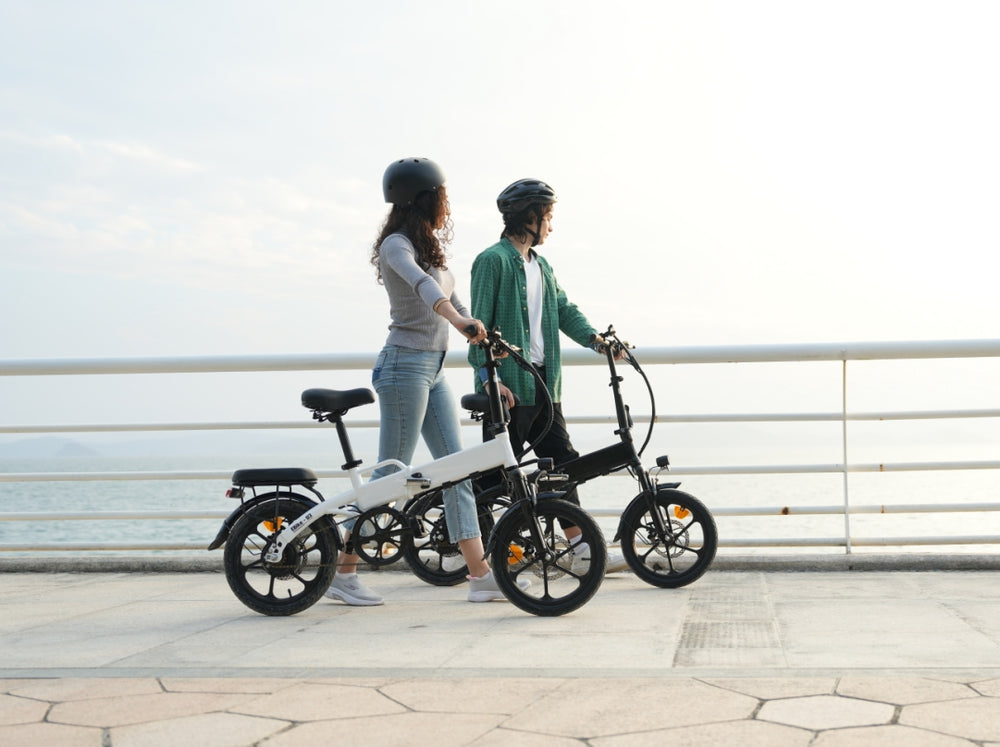
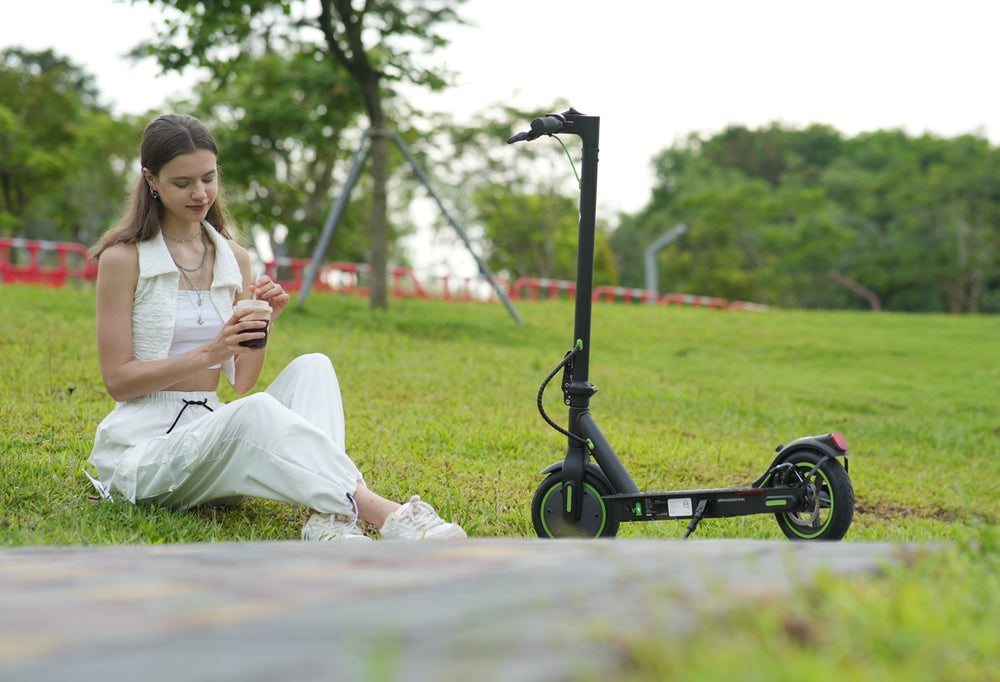
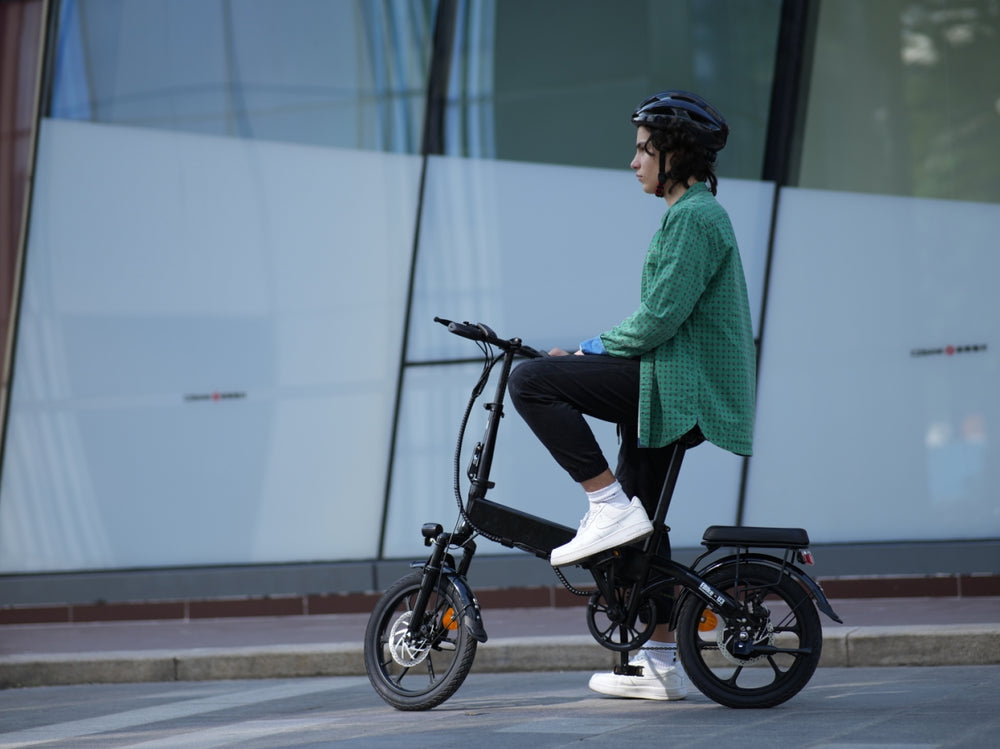
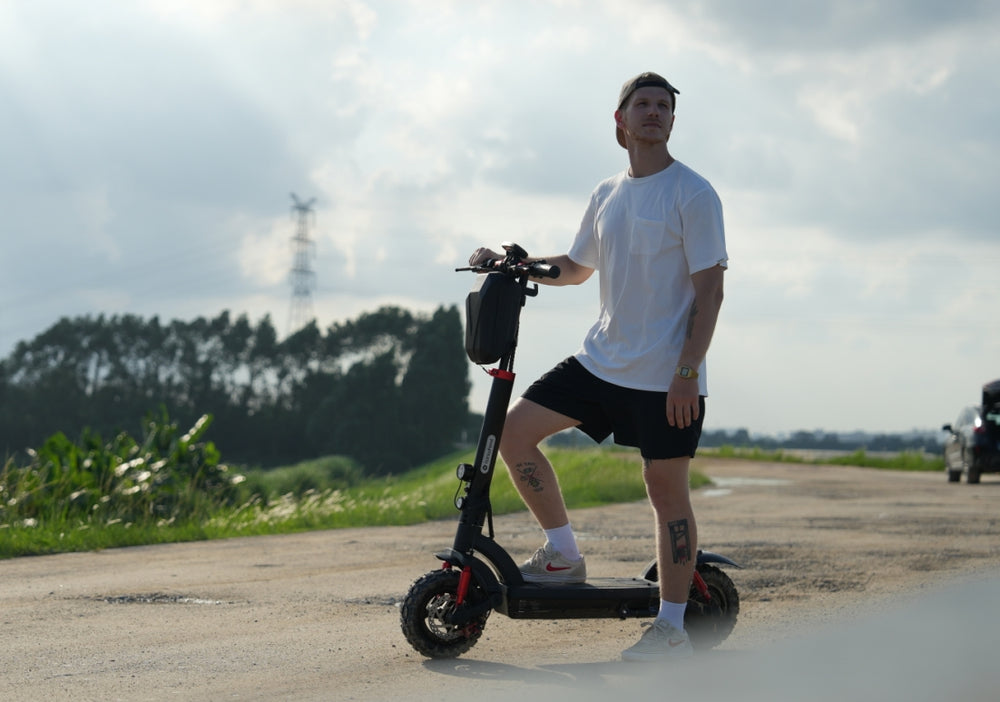
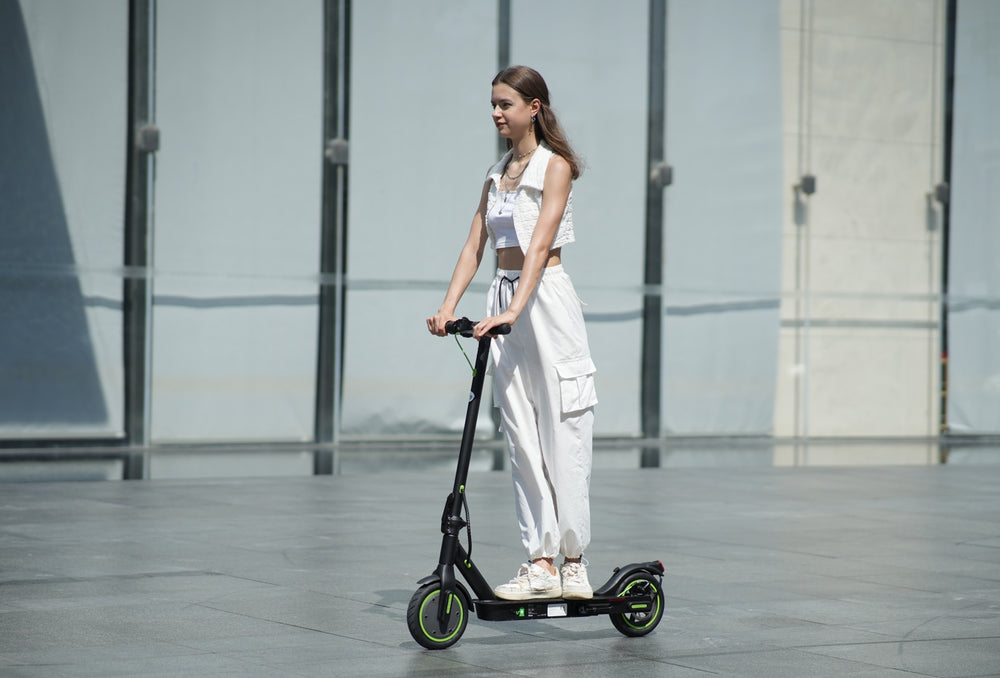
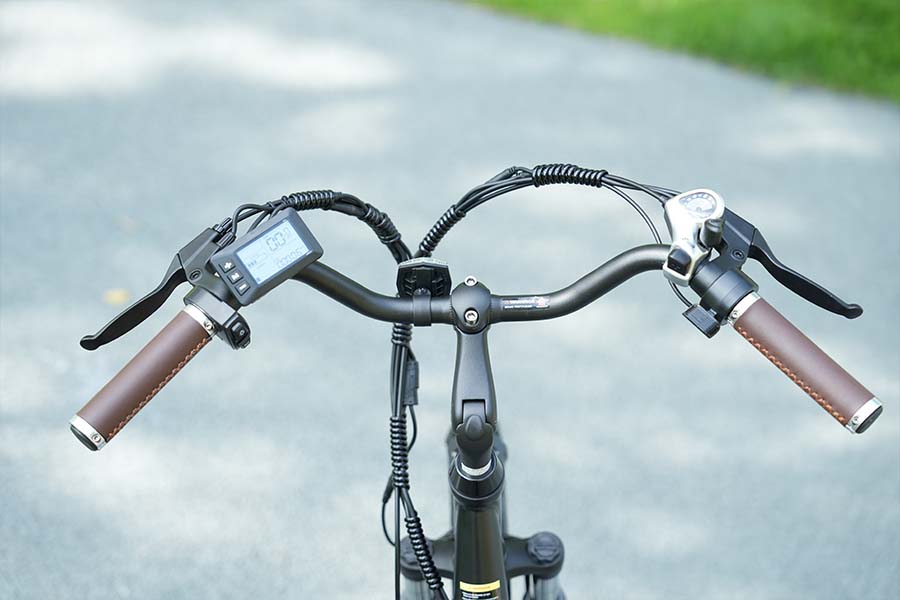
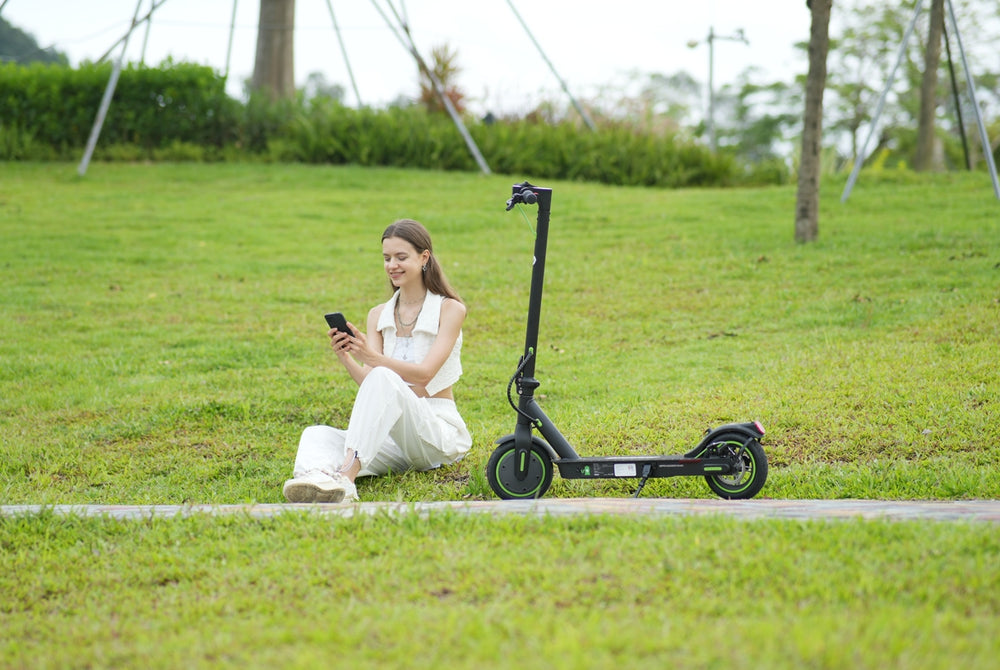

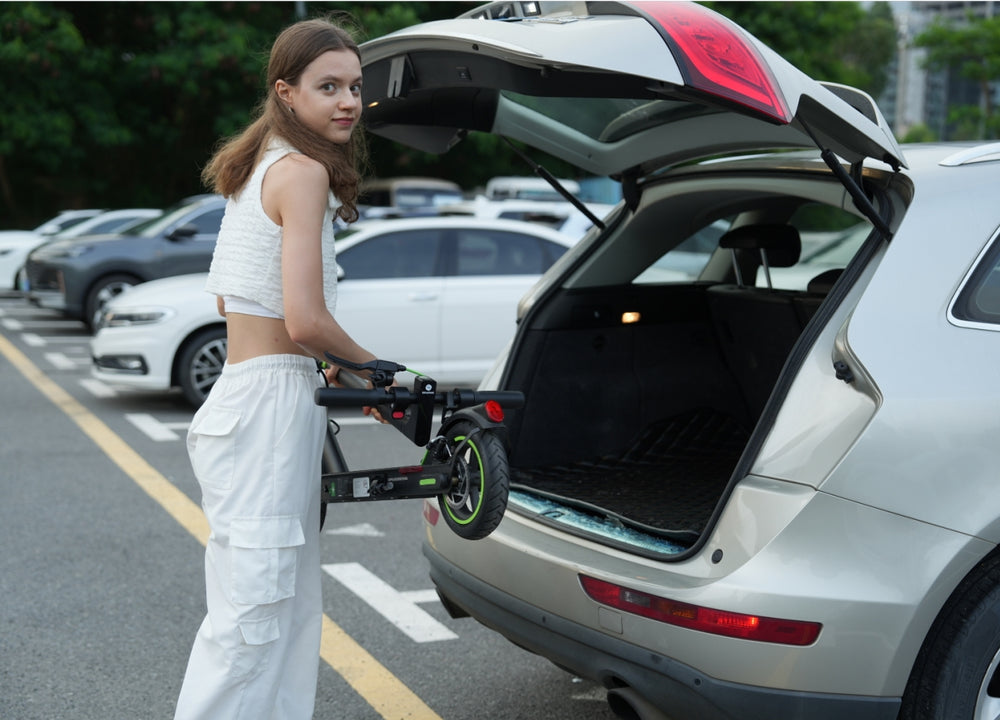

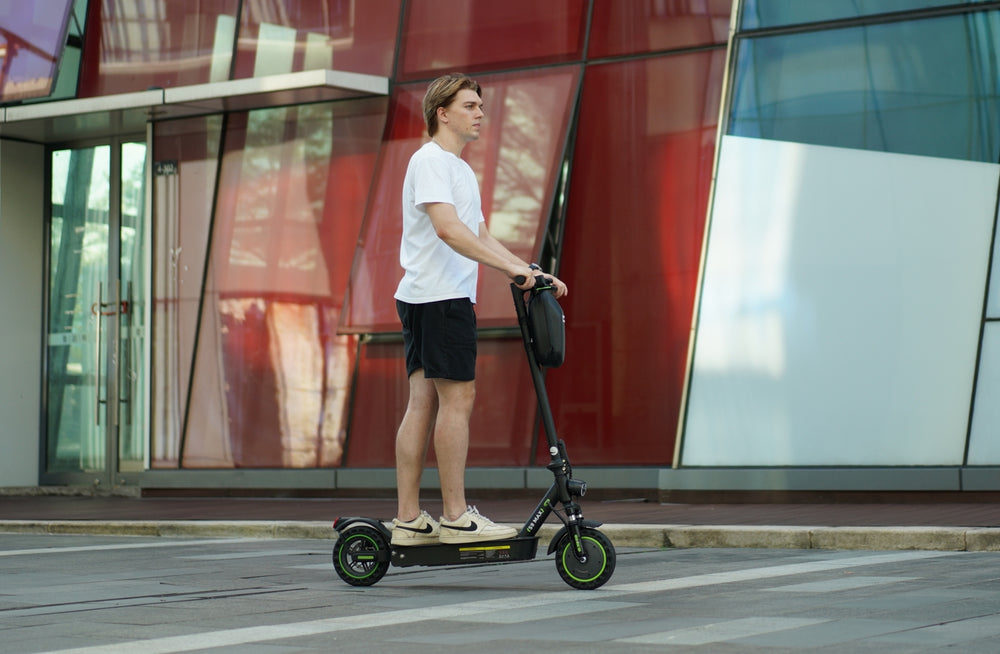
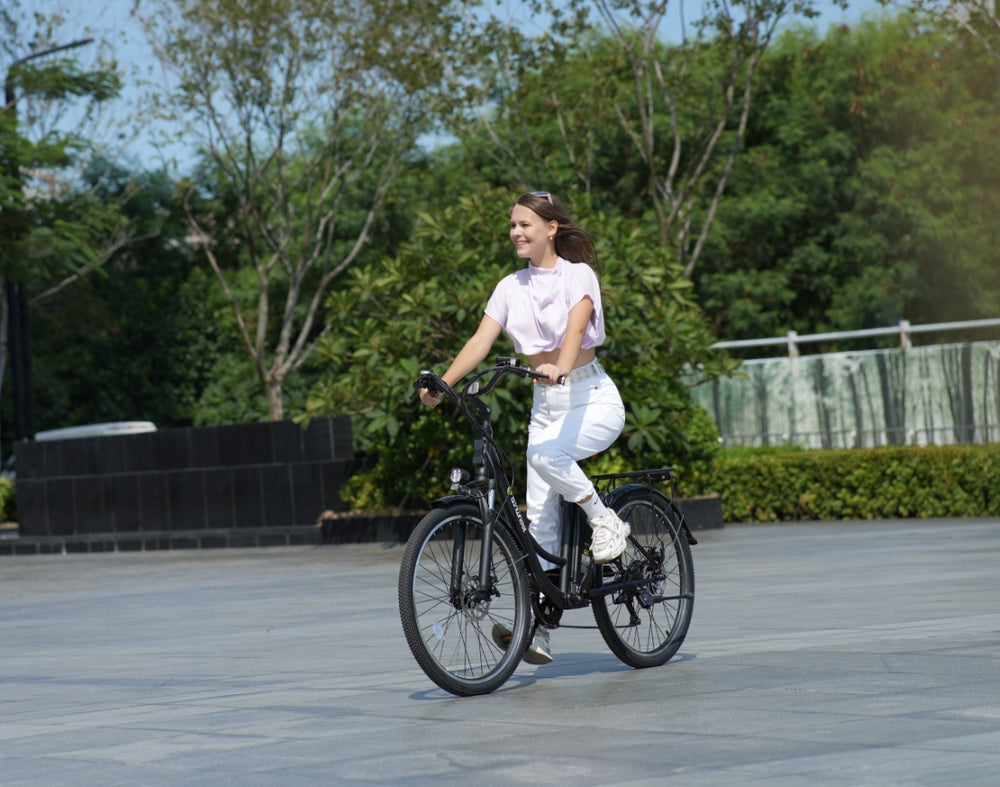
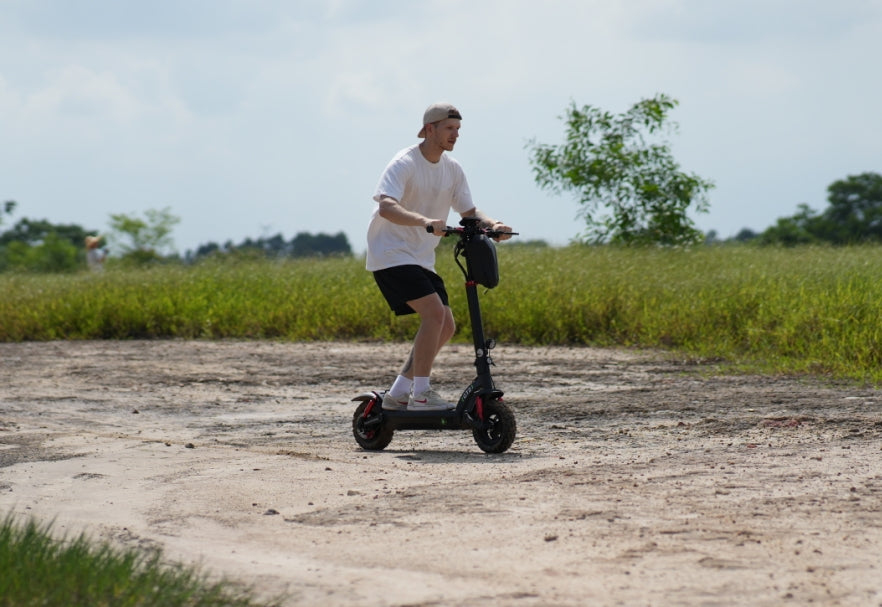
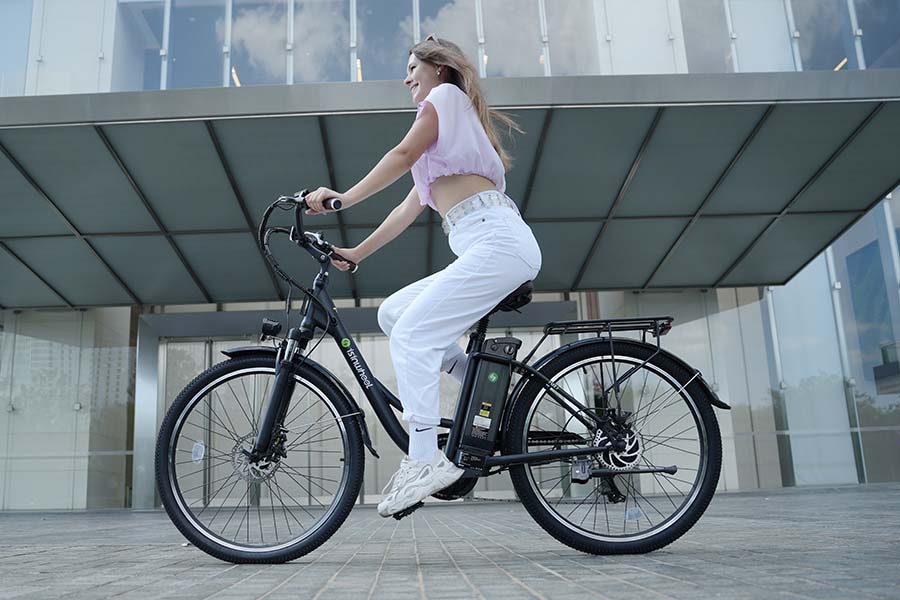


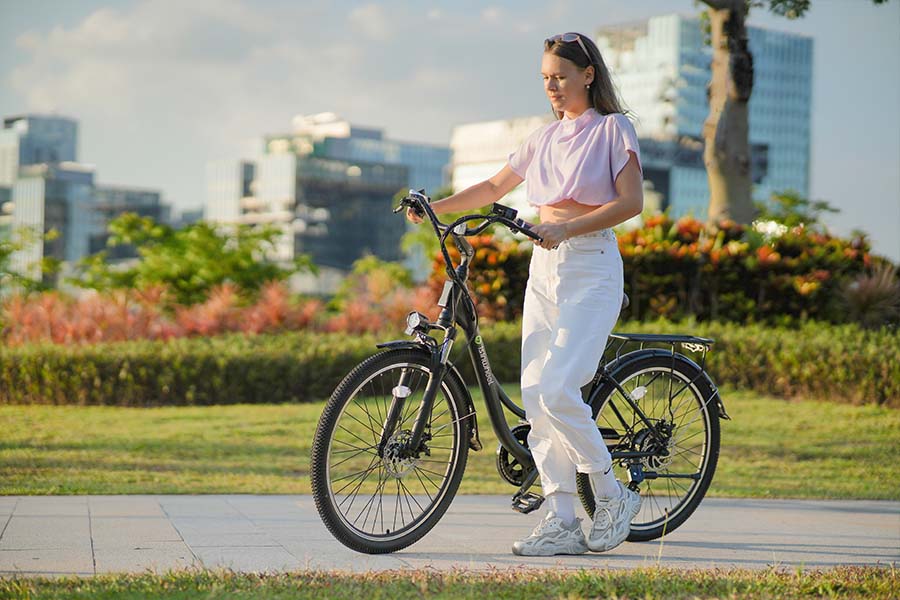
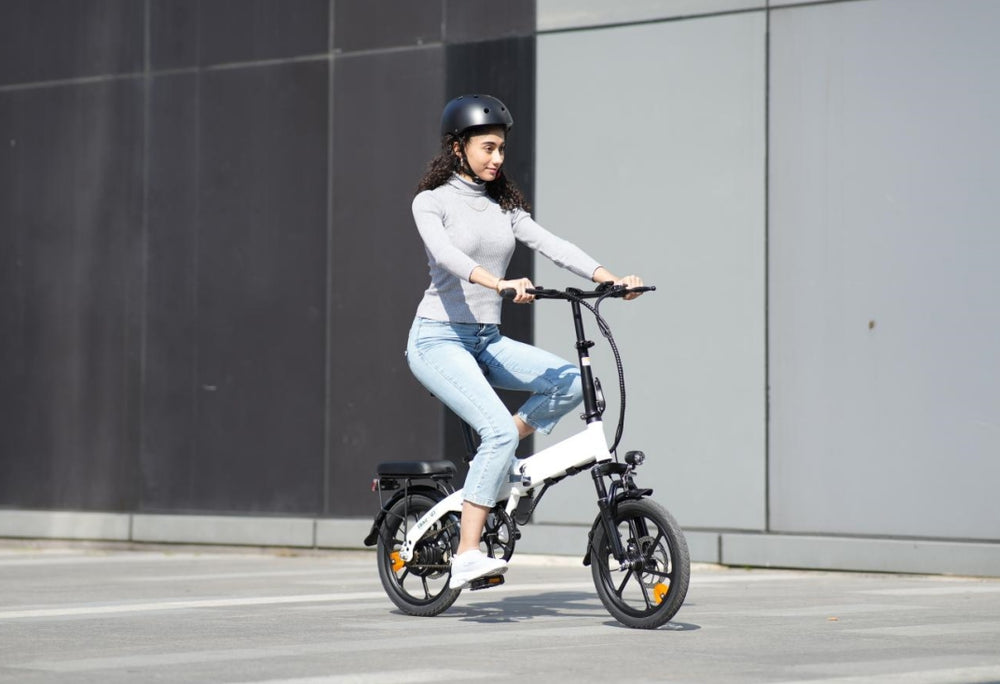
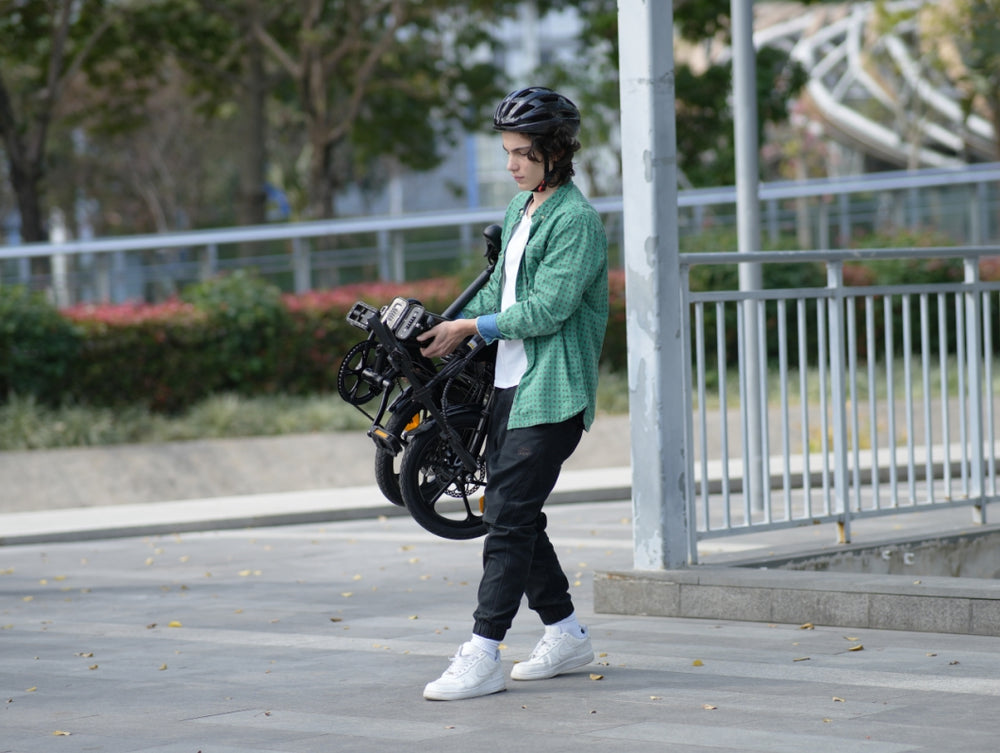
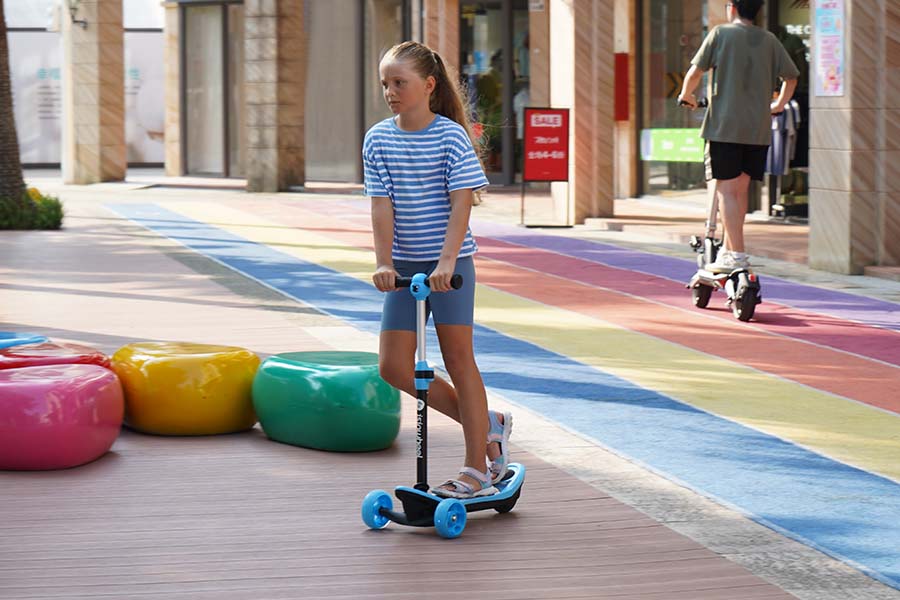

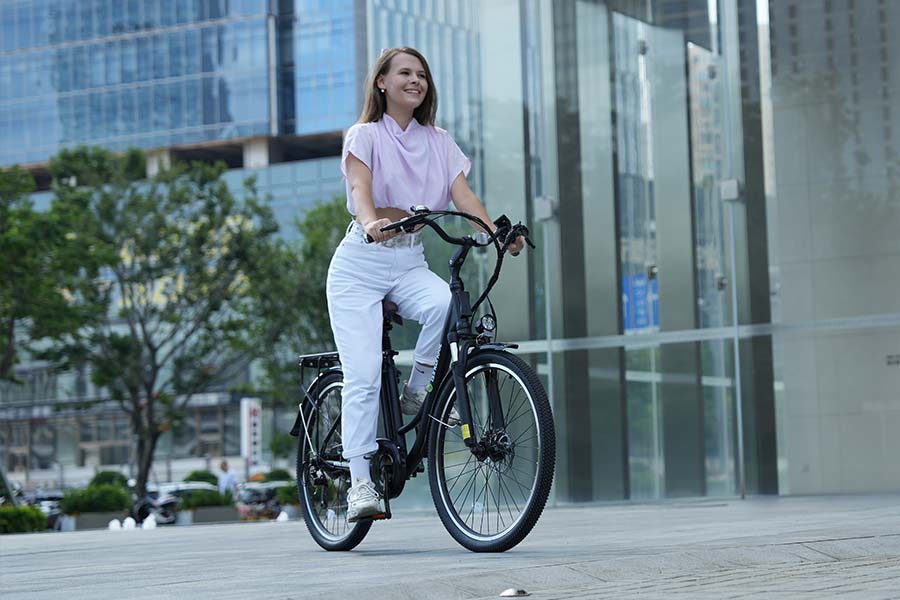

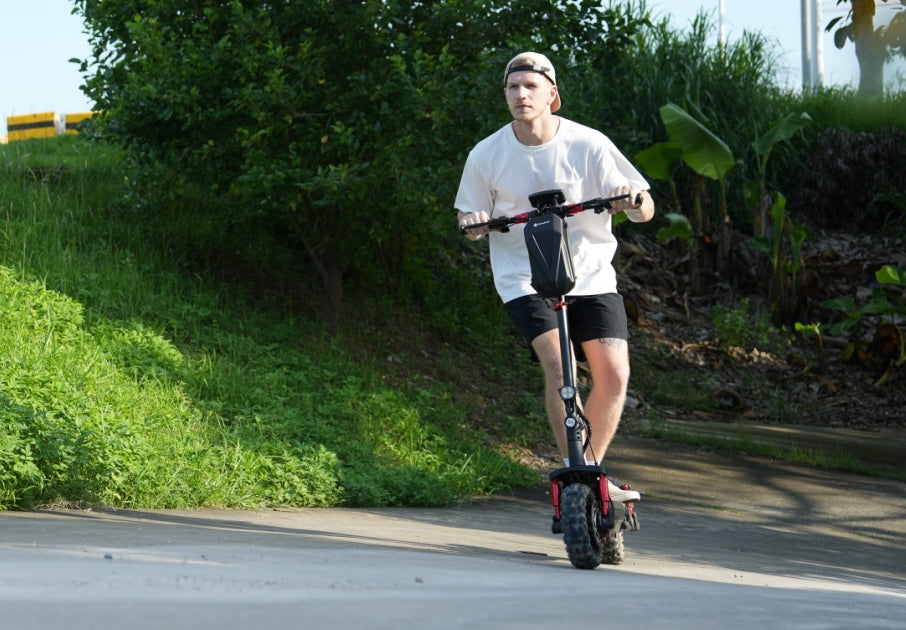
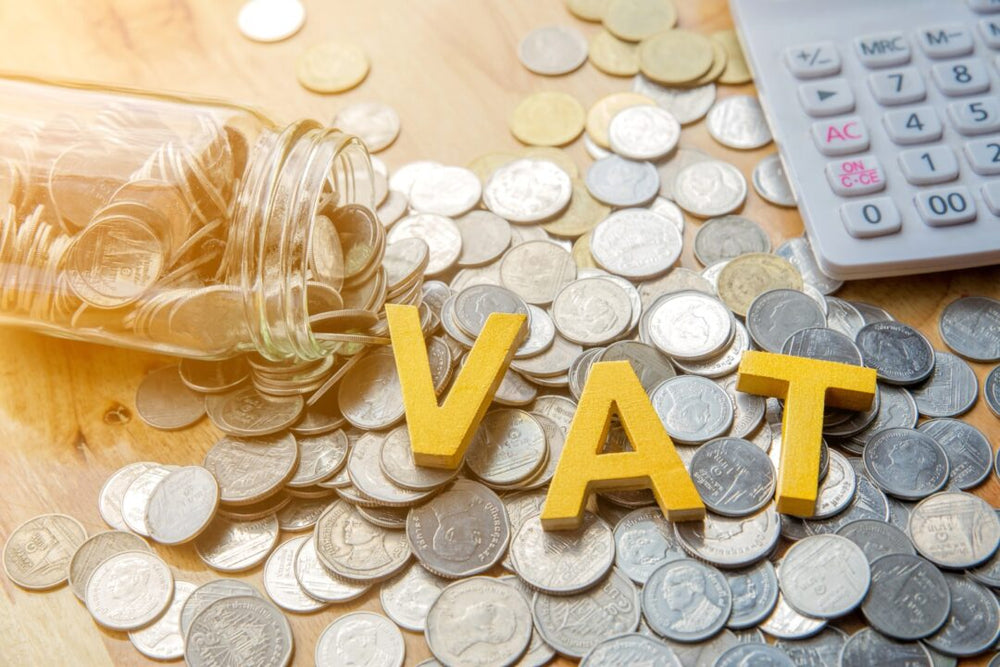
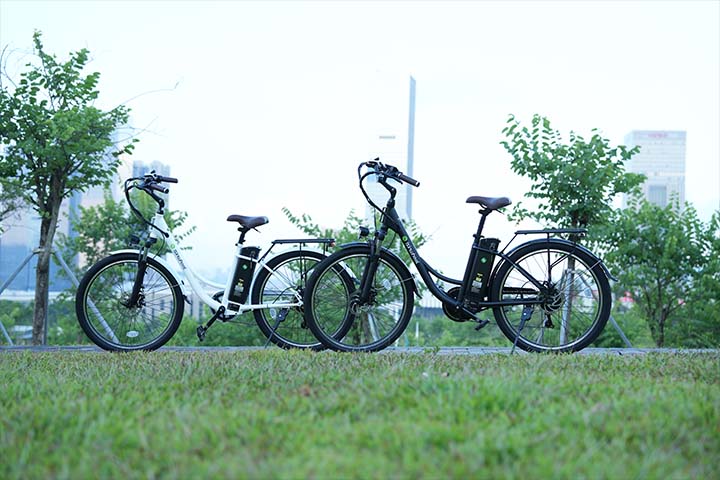

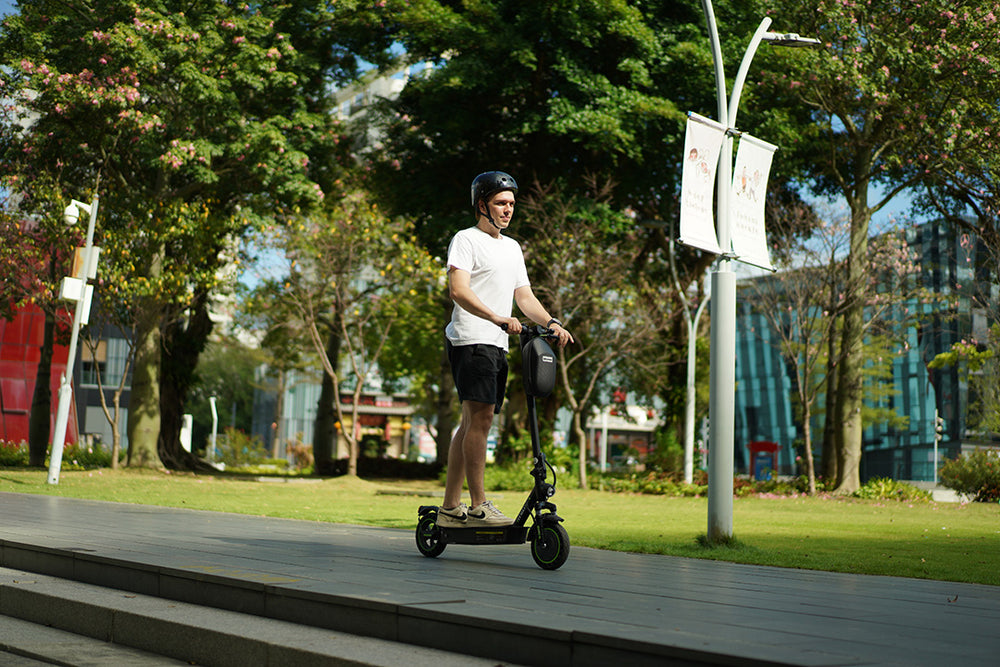
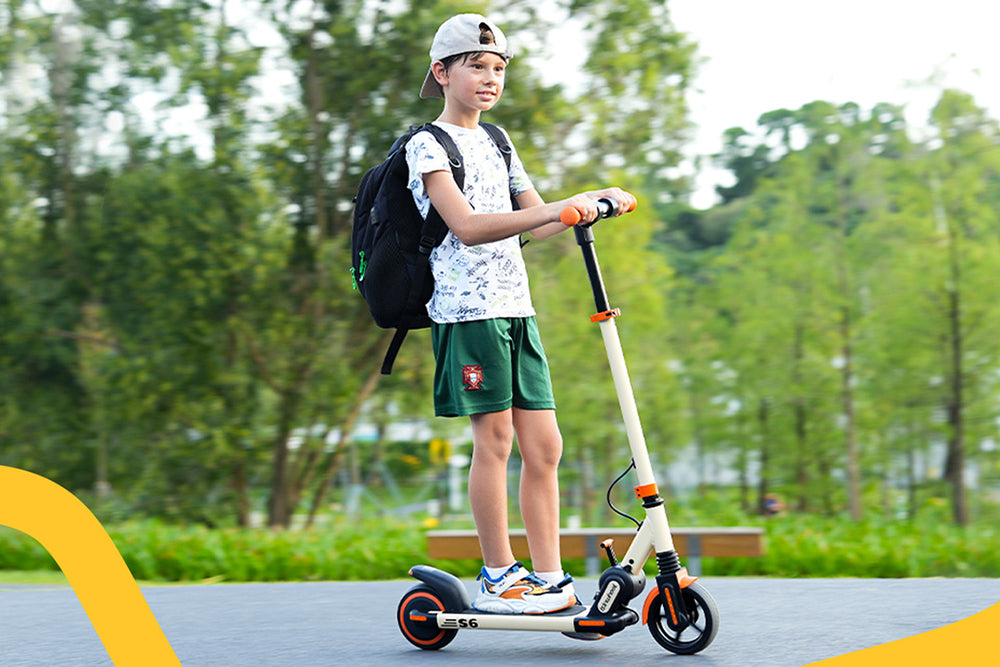
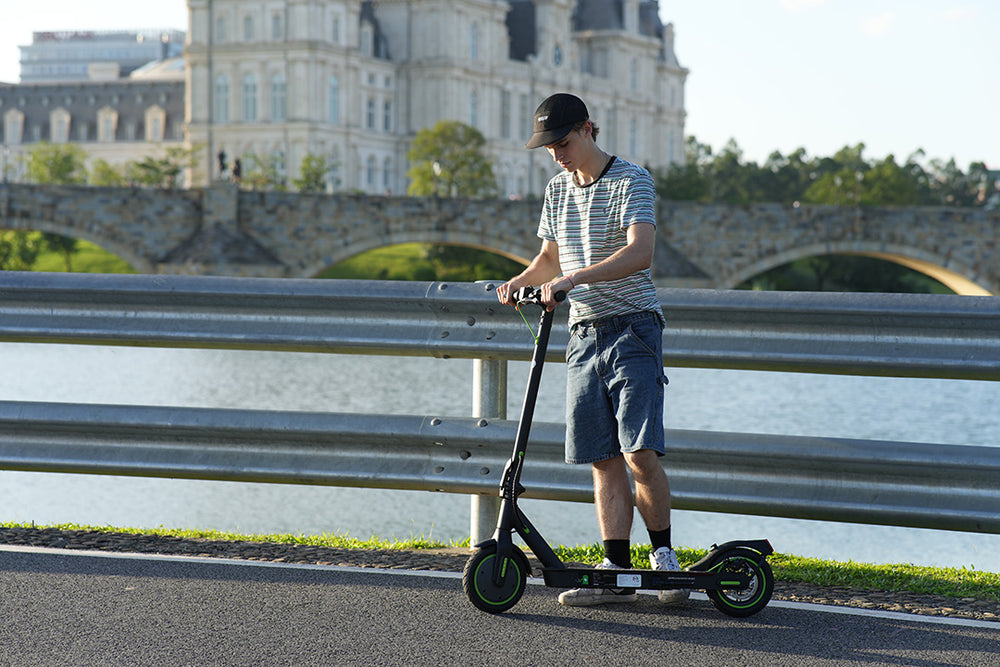
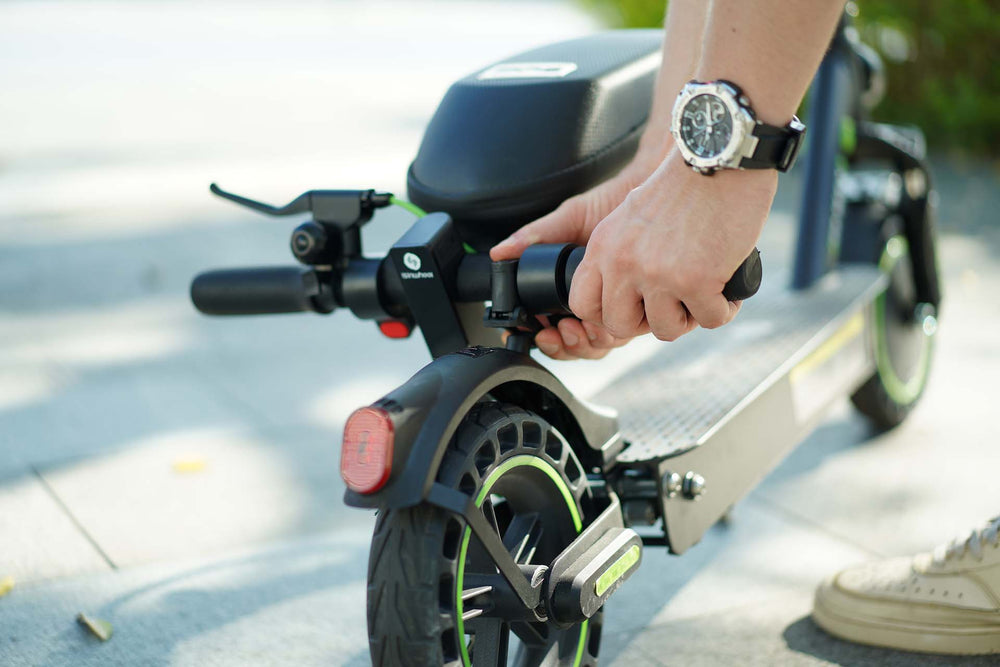




Leave a comment